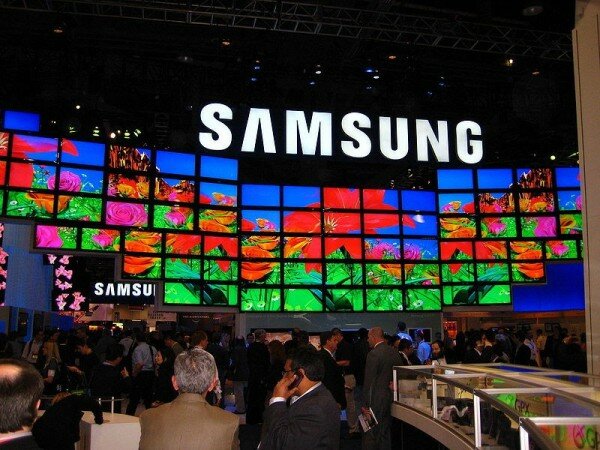
CC image courtesy of Ziggymaster
Anyone who has entered a public relations class will know there are a number of ugly ways of going after a competitor. Name calling is, however, not what you expect from big multinationals. It tends to give an impression the company being attacked has superior products, thus the need to attack them.
In Samsung’s S4 pool party advertisement, several key phrases can be picked out, including “so some smartphones are smarter than other smartphones”, while in another scene a user holding an iPhone is told his device cannot share images through S-Beam. In another part the cast asks “what are we doing with these phones?”
A recent Dell advert compared its Windows tablet with the iPad, in a clear example of name calling against the Apple product.
As expected the two adverts have not been received calmly by Apple lovers, who have used YouTube to comment on the promotions. Those commenting on the Dell advert said Microsoft was demeaning itself by being associated with such commercials:
JoeDaHackinBot: “I didn’t think Microsoft would go that low.”
LamaKING21: “Ipad is 3,000 times better. Microsoft. Try being original for once you wanna be cool kid.”
Such tactics, many communication experts believe, have the potential to turn against the advertiser.
In the first case, the competitor is receiving free advertising, raising the curiosity of the targeted customer, while in the second instance the advertiser can end up looking the smaller of the two players, especially if the target ignores the poking.
In the case of Samsung’s commercial, for example, it starts a debate among users on the merits of each device, and while a commercial is expected to project the item in a good way, it ends up exposing the same to negative publicity:
LG141602: “oh.the touch screen is better… There is no way someone can help you. You definitely don’t know anything about touchscreens. And good luck making someone believe that other screen is better. lol”
According to communications expert Maureen Mutahi such adverts show a lack of originality and are seeking public sympathy.
“I think such propagandists are just lazy, they want to gain favour, positivity from others, they just can’t have a unique idea of their own, they have to use their competitors… they want sympathy,” she said.
Lawrence Njenga, a public relations manager, said the best commercials leave it to the customer to decide on which of the products is mightier, rather than blowing their own horn.
“The first step in coming up with a product is based on consumer needs and not the competitor. A product driven by customer needs doesn’t not need comparison with an aim of showing superiority over others, but should exhibit its strong functions and let the customers be the jury,” Njenga said.
What is quite evident is that the push for increased market share in the smartphone market is throwing ethics in advertising to the dogs, but as to the effect of the commercials only time will tell.

















